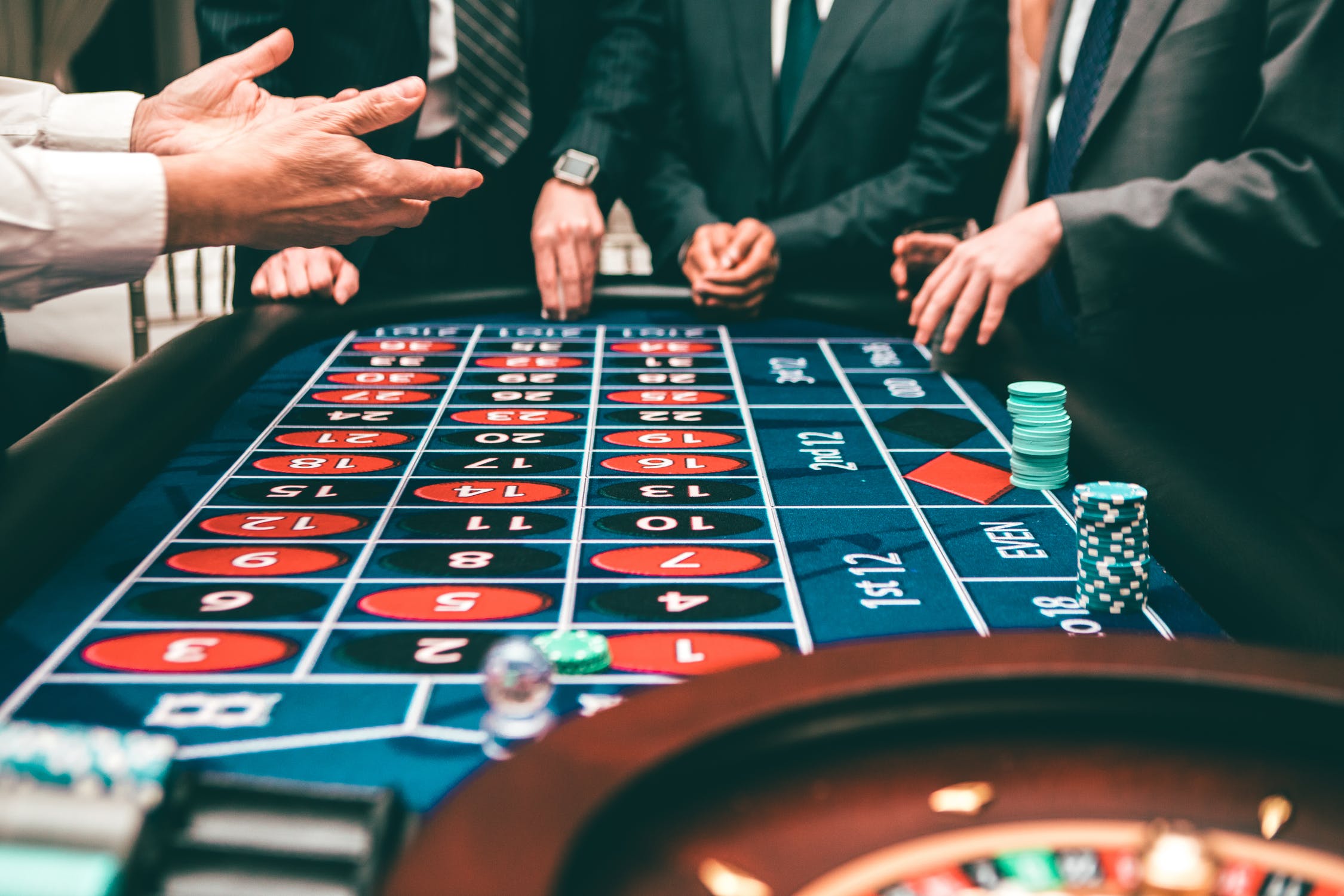
Gambling games have long been an integral part of human culture, providing not just entertainment but a intriguing reflection of our aspirations, dreams, and concerns. From the spinning reels of a slot machine to the strategic gameplay of poker, these games embody a range of human sentiments and incidents. At their core, casino games are not just a chance to win money; they are a microcosm of life itself, where risk versus reward merge and fate can change in an moment.
As players convene around tables or sit in front of vibrantly illuminated machines, they take part in a ceremony that transcends mere betting. These games reflect our natural desires for connection, thrill, and the quest for chance. They also reveal deeper truths about human nature, such as our relationship with fate and the thrill of risk. In exploring casino games, we reveal not only the mechanics of play but also the intricate pattern of the human journey, showcasing our woven narratives of aspiration and reality.
The Psychology of Gambling
Gambling is intrinsically connected in the psyche of individuals, appealing to various emotions and desires. The thrill of taking risks is a core aspect that draws players in, whether it’s excitement of spinning a roulette wheel or the anticipation of drawing a winning card in a poker game. This adrenaline is frequently likened to other forms of excitement, as the uncertainty of outcomes elicits a distinct psychological response. Gamblers often become entranced by the chance of winning big, leading to an irresistible draw toward casino games.
Another, an essential component of the psychology behind gambling is the concept of optimism and aspiration. Participants often nourish dreams of financial freedom and the opulent lifestyle that can follow winning. This optimism fuels their ongoing participation in gambling, as it provides a sense of purpose and the conviction that a life-changing win could be just one wager away. The narrative of overcoming odds and achieving success resonates with many, strengthening their dedication to play and engage with these games.
Lastly, social dynamics play a crucial role in gambling psychology. Gambling venues are designed to promote social interaction, where gamblers gather to share the experience of wins and losses. This shared aspect not only enhances enjoyment but also influences behavior, as individuals often imitate the actions of others in their vicinity. The social validation found in shared excitement can enhance the emotional experience, making casino games a reflection of not just personal desires but also shared involvement within the gaming community.
## The Dual Nature of Risk and Reward
Gambling games embody the fragile balance between risk and reward that resonates profoundly with human nature. The thrill of placing a bet is often accompanied by a rush of adrenaline, as players are confronted with the prospect of a huge payout, yet fully aware of the potential to lose. This twofold experience reflects a core aspect of life: the choices we make often come with built-in risks, and the quest for benefit can drive us to embrace risks we might not normally consider. In this way, casino games echo real-world decisions, enticing gamblers to risk not just their funds, but also their aspirations.
The allure of jackpot prizes and winnings fuels a wave of hope, encouraging players to dream of a more promising future that could manifest from a fortunate turn of the wheel or flip of a card. This positive outlook can motivate individuals to engage in greater risks, urging them to extend their limits in search of financial gain. However, just as in life, the consequences of these risks can lead to both triumph and loss. The stories of both jackpot winners and those who have faced losses everything at the casino demonstrate the unpredictable nature of luck and its impactful repercussions on our futures. casino online non AAMS
Ultimately, the interaction of engaging with gambling activities serves as a vivid illustration of the human condition. Every session played is loaded with the tension of uncertainty, as players weigh the gains against the risks. This balance not only highlights the thrill that comes with gambling but also exposes the weaknesses that come with the longing for more. As we explore the challenges of decision-making and consequence in both the casino and in life, we find that the search for benefit shapes our sense of self and journeys in deep ways.
Culture and Solitude in Gambling Culture
Casino environment is a special mix of social interaction and individual pursuit, reflecting the dualities of human experience. Gamblers often come together around tables, experiencing in the thrill of the game, rejoicing in wins, and sympathizing over losses. This social aspect is crucial, as it fosters a sense of community and bonding among varied groups of individuals. Regular attendees to casinos may build friendships and develop routines, turning the gambling venue into a second home where they feel linked to a larger community of players.
However, the appeal of gambling activities can also result to loneliness. As individuals become immersed in the thrill of gambling, they may withdraw from personal relationships or fail to engage with the world outside the casino. For some, the pursuit of a jackpot can overshadow real relationships, leading to isolation. The situation of being surrounded people yet feeling solitary is not rare, as the focus shifts from shared enjoyment to the private stakes of each individual’s path.
This interaction of society and isolation creates a rich tapestry that defines gaming culture. It showcases the complexity of human interactions, where joy and sorrow coexist. Casinos serve as both a sanctuary for social engagement and a platform for individual struggles, demonstrating how intimately connected our desire for connection and the personal quest for fortune can be. In navigating this environment, players confront their own stories—seeking both the thrill of the game and the companionship of other players, ultimately mirroring the wider spectrum of individual experience.
